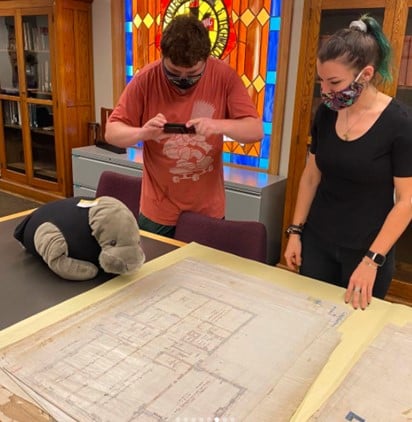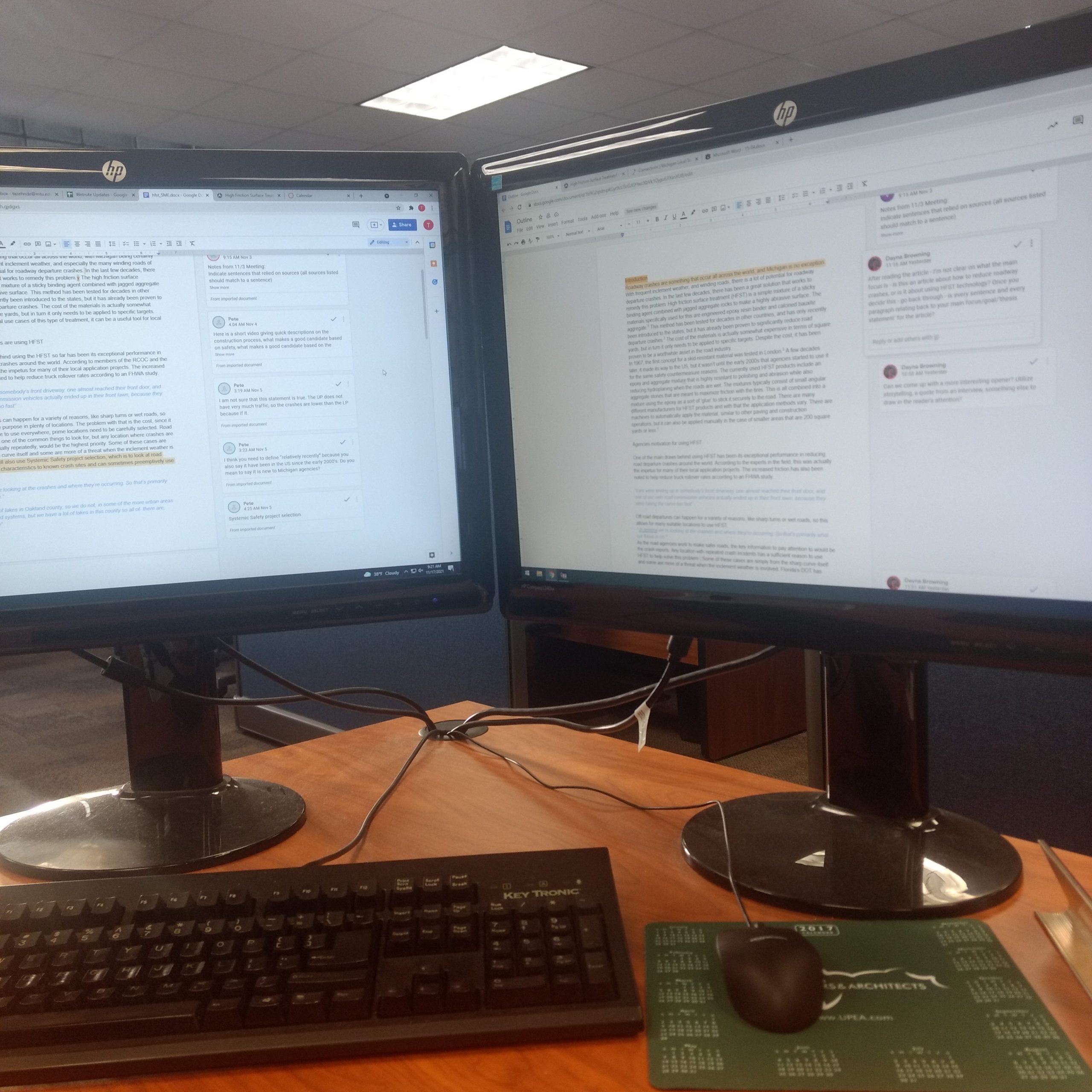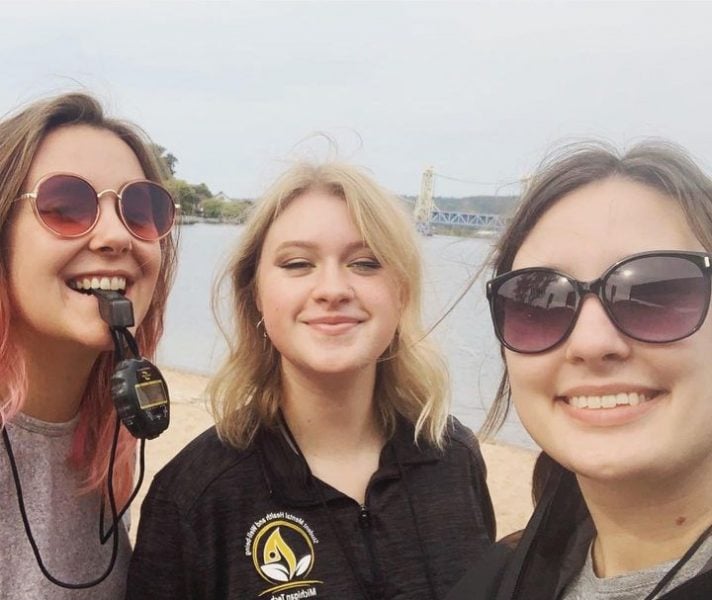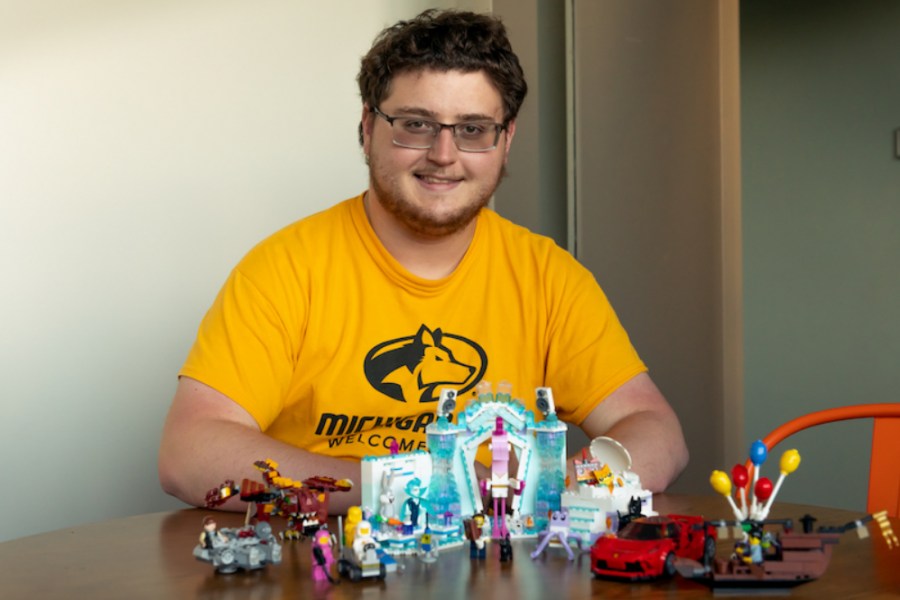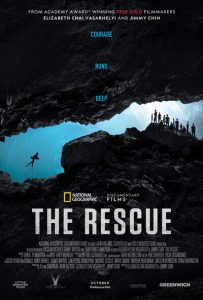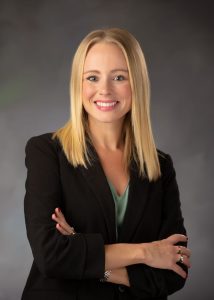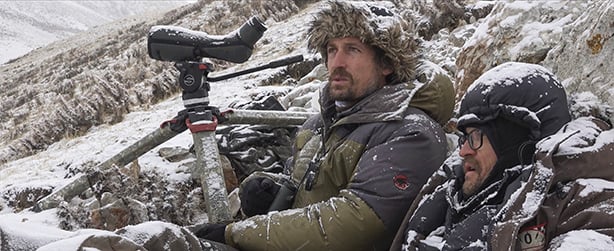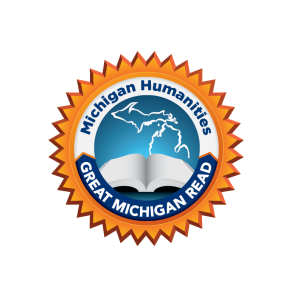The 2022 Modern Languages Film Series kicks off Thursday, January 27th, with the German film, I’m Your Man (Ich Bin Dein Mensch, Shrader, 2021). Scientist Alma (Maren Eggert) has reluctantly agreed to live for three weeks with humanoid robot Tom (Dan Stevens), who has been created solely to make her happy. This contemplative comedy about love, longing, and what makes us human will screen at 7:00 PM in Fisher 135.
Other films presented in the series include Unbalanced (Desequilibrados, Balanda, 2021), screening February 24th, and Portrait of a Lady on Fire (Portrait de le Jeune Fille en Feu, Sciamma, 2019), screening March 24th. All films in the series will screen in Fisher 135 and are free and open to the public.
This film series is sponsored by the Modern Languages program in the Department of Humanities.

